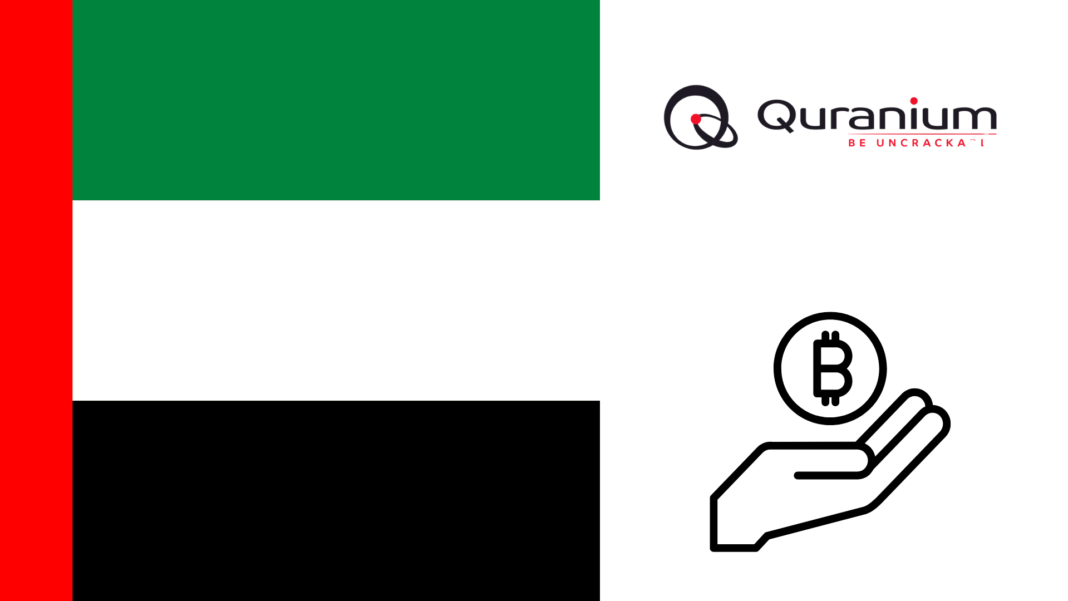Dubai-based Quranium debuted its QSafe wallet on Saturday, November 16th, marketing it as one of the safest wallets out there. The platform also unveiled its Core Layer (L1) Testnet which will run parallel with the wallet.
The unveiling of the new products comes at a time when Dubai and the entire UAE have been undergoing a surge in crypto usage and development.
Also read: Dubai’s VARA Announces New Marketing Regulations For Virtual Assets
Quranium Taps On Security Services Using New Wallet
Quranium, the Layer 1 DLT and DeQUIP (Decentralized Quantum-Uncrackable Infrastructure Protocol) said in the official announcement that the main aim for the QSafe or the quantum-secure cryptocurrency wallet was to provide unparalleled security demands,
Also read: UAE Exempts VAT Tax On Crypto As Companies Relocate to Dubai
Additionally, the wallet will aim at serving safe, scalable, and easily accessible blockchain technology to the users.
In a system designed to be impenetrable, QSafe and the Quranium Core Layer (L1) Testnet will give users access to a safe environment where test QRN tokens can be claimed, blockchain activity verified via QRNScan, and wallet functionality checked.
Quranium’s New Products Come As Dubai and UAE Sees Rise in Crypto Adoption
Most reports term UAE as one of the world’s most forward-thinking crypto nations. The entire region alongside other Middle Eastern nations have been climbing ladders to become one of the top regions in terms of crypto usage.
With these developments, on behalf of the Dubai Financial Services Authority (DFSA), the government-owned licensing company KIKLABB, Dubai, now takes cryptocurrency payments, such as Bitcoin (BTC), Ethereum (ETH), and Tether (USDT), to cover the cost of different trade licenses and visas.
Additionally, the DFSA stated in January 2021 that, in accordance with its 2021–2022 Business Plan, it will create a thorough crypto-regulatory framework.
Both the operational capacity and user base of the cryptocurrency industry have grown dramatically in the Middle East and North Africa area. The MENA area is predicted to have the seventh-largest cryptocurrency market globally in 2024.
Cryptocurrency activity in the MENA region is mostly driven by institutional and professional-level activity, with 93% of all value transferred coming from transactions of $10,000 or more.
To ensure that this lead is maintained, governments are working to develop regulatory frameworks that balance innovation with necessary protections as the global bitcoin markets rebound in the area.
The bulk of individuals and institutions still prefer traditional crypto platforms, as evidenced by the fact that centralized exchanges (CEXs) remain the primary source of cryptocurrency inflows throughout MENA overall, despite the steady emergence of decentralized platforms and DeFi applications.


